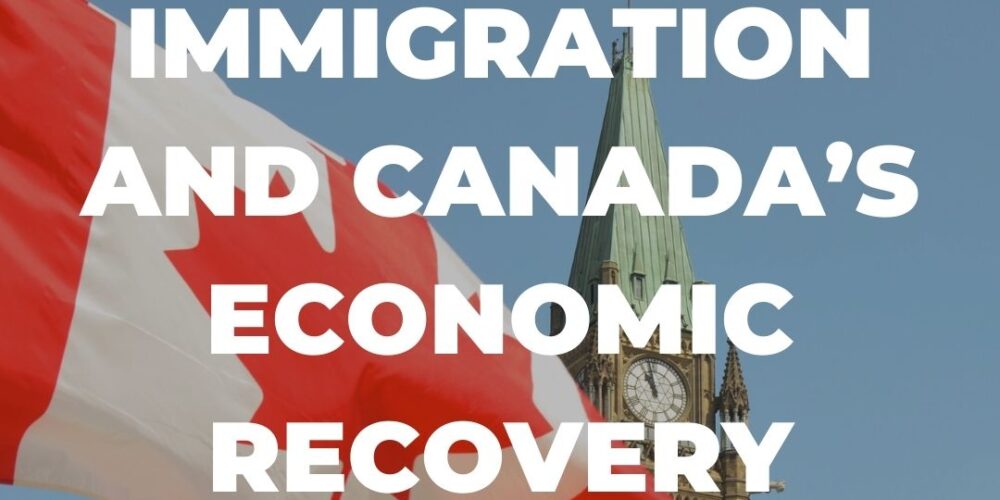Billions spent in new construction, renovation, and infill over the past decade have contributed to a serious upswing in the calibre of the Canadian housing stock, propping up residential average price in the country’s major centres, according to a report released today by RE/MAX.
Since 2000, the value of a Canadian home has doubled, rising from $163,951 to $339,030 in 2010. Nowhere has the upswing been better captured than in both the value of residential building permits issued nationally between 2000 and 2010—at $340 billion—and the estimated $450 billion spent in renovation. The impact of these two forces alone has fuelled the Canadian residential real estate market – as well as the construction industry—for more than 10 years.
As a result, investment in the Canadian housing stock is at an all-time high in the 16 Canadian residential real estate markets examined in the RE/MAX Housing Evolution Report. Higher quality Canadian housing translated into extraordinary price appreciation across the country—with 62 per cent (10 markets) experiencing increases in excess of 100 per cent since 2000.
“While a number of external variables were also behind the exceptional gains, revitalization—amid an aging housing stock—and newer construction are largely underestimated factors supporting Canadian housing values,” says Michael Polzler, Executive Vice President, RE/MAX Ontario-Atlantic Canada. “The trend is expected to continue for years to come as investment in residential real estate through renovation, infill, and redevelopment ramps up across the country. City planners, builders, developers, and homeowners have only just begun.”
The report found that the unprecedented sum funneled into housing has effectively changed the landscape of Canada’s major centres. New home construction has advanced suburban sprawl, giving rise to new sought-after pockets in virtually every centre across the board.
Infill continues to redefine neighbourhoods, particularly in areas where the value of existing structures have not kept pace with escalating land values. The trend was evident in all centres, but had the greatest impact in large metropolitan cities such as Toronto and Vancouver. Bungalows on large lots are prime targets, making way for custom builds that transform working-class subdivisions of yesteryear into up-and-coming upper-end pockets. Infill is also maximizing land potential, often replacing one, two or several tired structures with a block of town homes or mixed-use residential, even high-rise apartments.
“Renovation has also had a tremendous impact on housing throughout the decade, so much so that it’s emerged as, arguably, Canada’s next national past time,” says Polzler. “Residential renovation spending has been gaining momentum year-over-year since the early part of the decade and now exceeds $60 billion annually.”
The trend has not been limited to single-family homes—although that activity has been nothing short of remarkable. Canada’s cities have also mounted ambitious renewal of their own, particularly in the heart of most major centres—the urban core. Strategic smart growth plans are altering cityscapes, challenging our concepts and perceptions—including our purchasing patterns—and creating partnerships that are working to escalate our markets to world-class status. Non-residential construction, including infrastructure spending has had a positive secondary impact, in turn boosting spending on the residential side.
“The past decade has also marked the rise of the condominium—moreover, its undeniable acceptance as an attractive option as opposed to a secondary compromise,” says Polzler. “Toronto, for example, has become the largest condominium market in North America. Yet, it isn’t just gaining traction in large centres like Toronto, Ottawa and Vancouver, but also in smaller cities such as Kelowna, London and Halifax—to name a few. Running the gamut from entry-level units to upscale, luxury suites, condominiums have gained widespread appeal with aging boomers, looking for lifestyle and low maintenance; young professionals, attracted to trendy locales; and first-time buyers, looking to get their foot in the door to homeownership.”
Condominiums have changed the urban landscape, driving residential neighbourhoods up, instead of out, and bringing to market a bevy of new options from mixed-use residential, live-work studios, lofts, town homes, and condo bungalows. Town homes, in particular, have experienced a serious rise in popularity, bridging the gap for empty-nesters and retirees not yet ready for apartment-style living.
With construction of rental product few and far between in many Canadian centres, it’s no surprise that investors have also been particularly active in the condominium market, especially in college/university towns or where vacancy rates remain tight.
Redevelopment holds the greatest potential for cities on the cusp of exciting rejuvenation. While former brown fields can present challenges, many have opened up and revitalized entire areas. The Barrel Yards Development in Kitchener-Waterloo, for example, is expected to change stagnant industrial land into a bustling residential, commercial and retail hub. Past successful transformations include Garrison Woods in Calgary, the Hamilton Beaches in Hamilton and Bishop’s Landing in Halifax, with countless projects planned nationwide in the years to come. Conversions also continue to breathe new life into existing structures with good bones, while supporting the move to higher-density and the introduction of affordable options.
“Greater sustainability overall, keeping the urban lifestyle attainable, livable and attractive at all price points, depends on redevelopment,” explains Polzler.
Lastly, population growth has been a key factor making housing evolution possible. Since 2000, Canada’s population has experienced double-digit growth of 11 per cent. By 2031, over 42 million people are expected to call Canada home.
“There’s no question that population growth will continue to support investment, propping revitalization and new construction in the years ahead, and by extension raising the bar and prices in real estate markets even further,” says Polzler.
RE/MAX is a leader real estate organization and Canadian housing with over 18,500 sales associates situated throughout its more than 700 independently-owned and operated offices in Canada. The RE/MAX network, now in its 38th year, is a global real estate system operating in 80 countries, with over 6,200 independently-owned offices and over 89,000 member sales associates. RE/MAX realtors lead the industry in professional designations, experience and production while providing real estate services in residential, commercial, referral, and asset management. For more information, visit: www.remax.ca.












